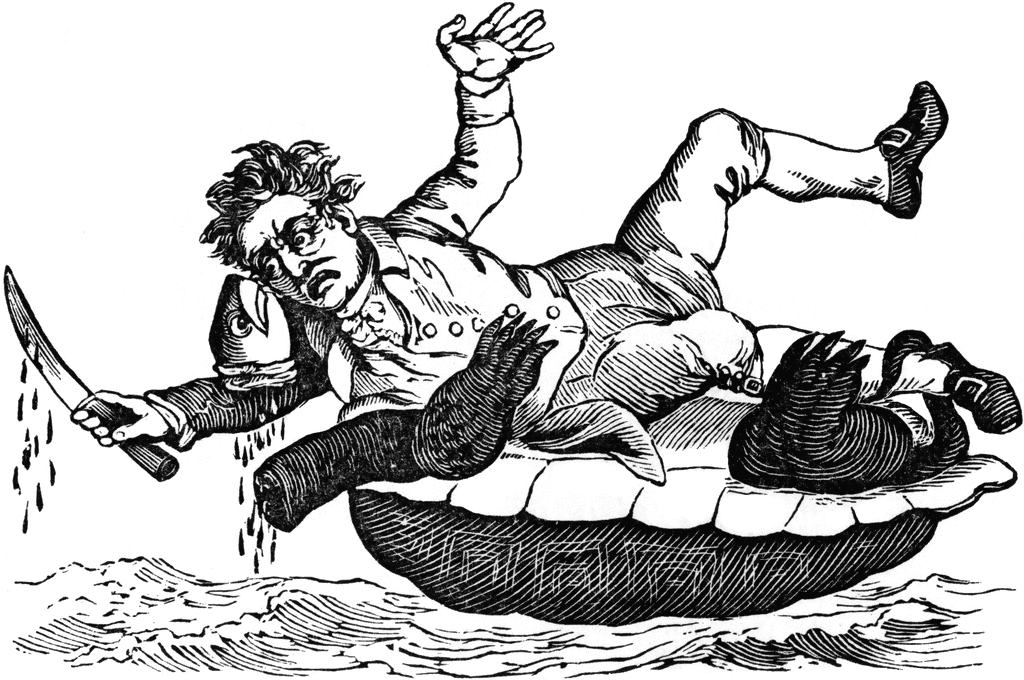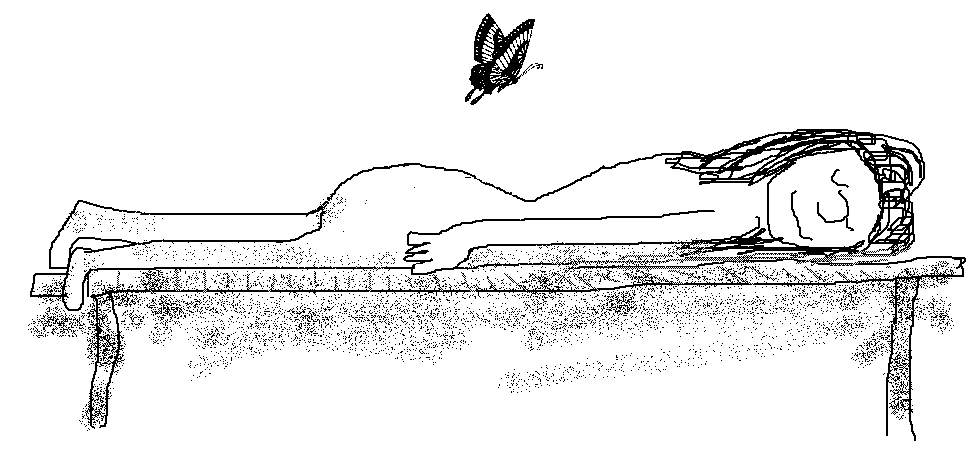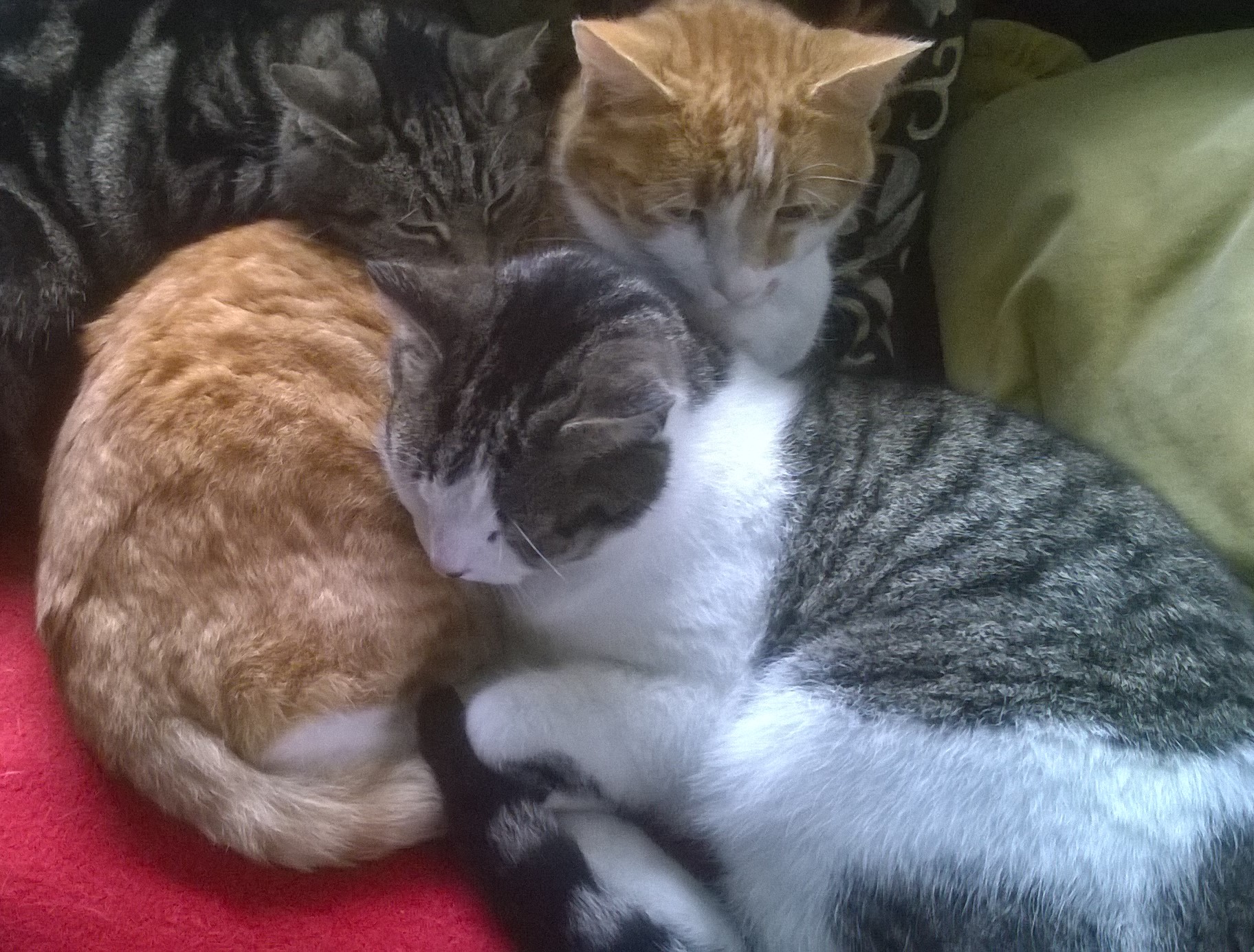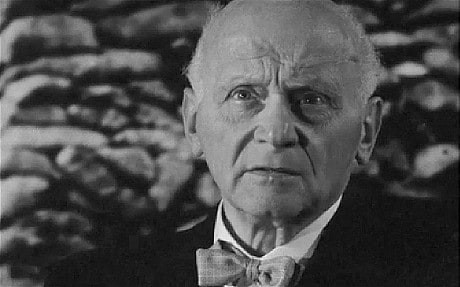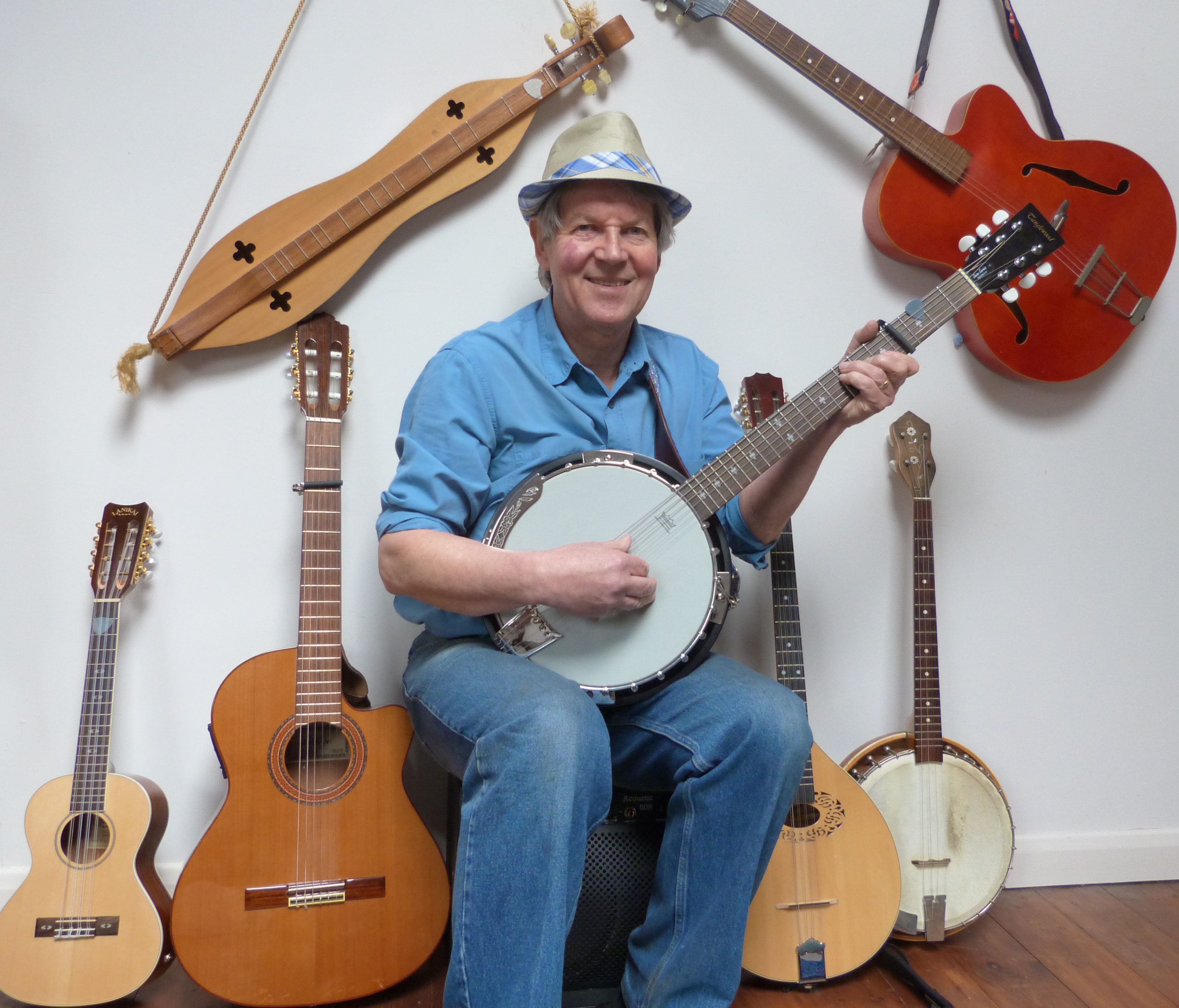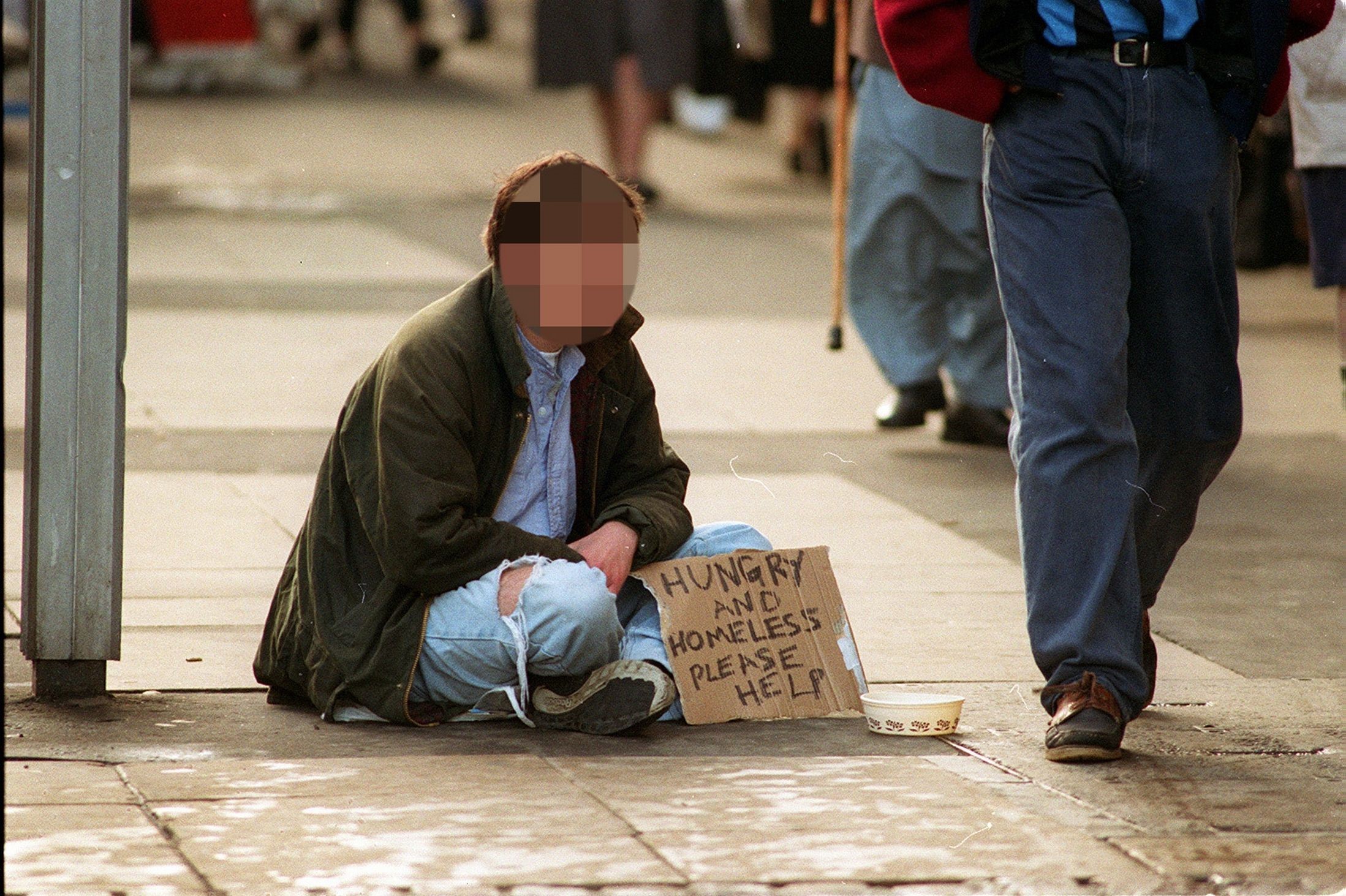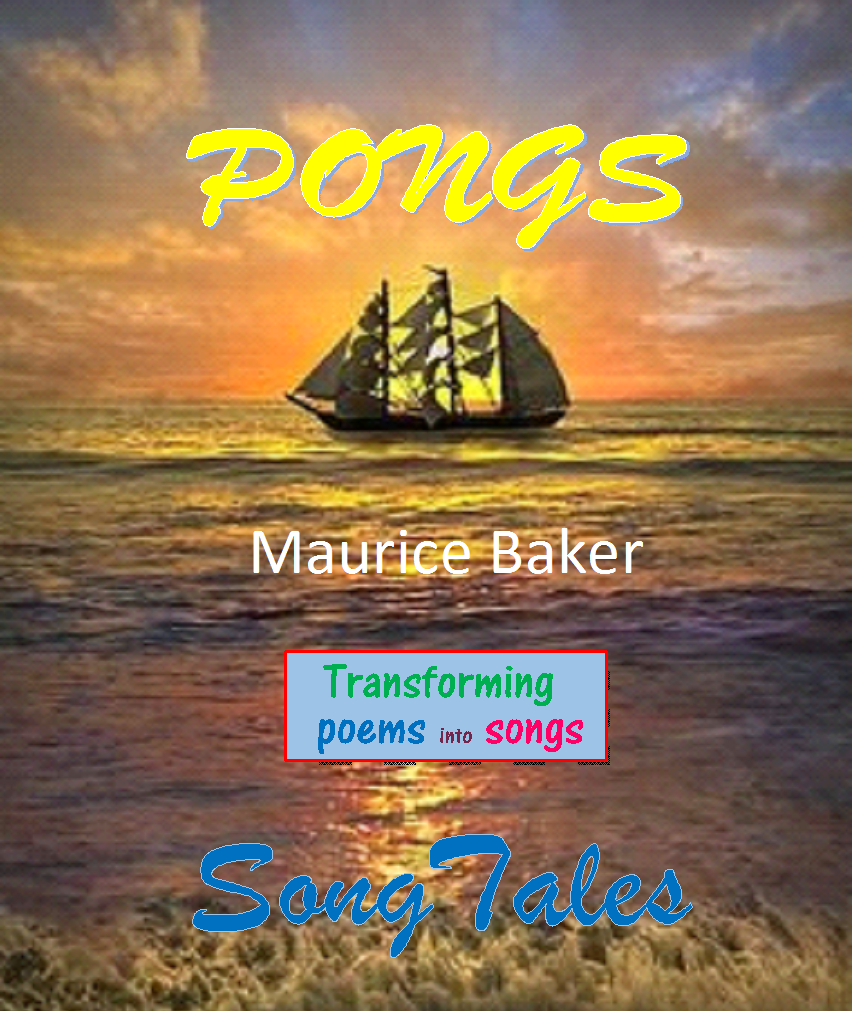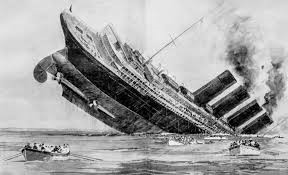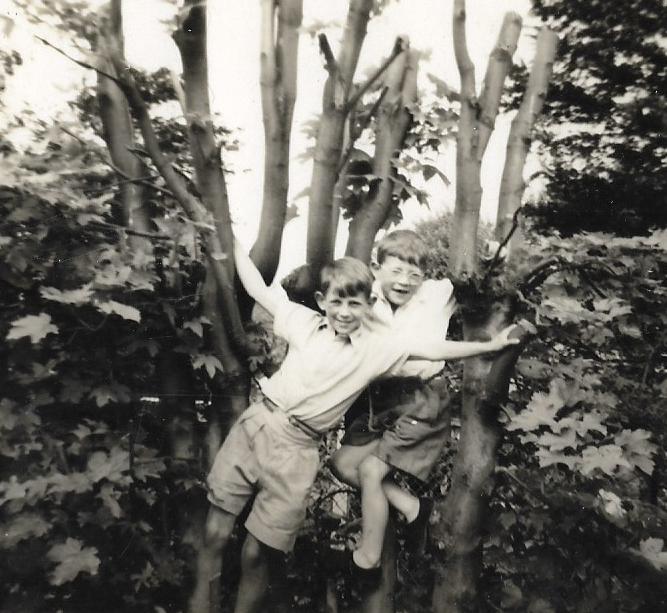
To Listen: https://soundcloud.com/mauricebaker-1
The lyrics of the song below are not autobiographical – but could almost have been, as I discovered not long ago from digging into family history. It seems that sometime after our father died of TB in 1953, Mum seriously considered sending me and, possibly, my younger brother Paul, away under the Child Migration Scheme. This was operated by various charities but actively encouraged by the British Government and those of other Commonwealth countries, notably Canada, South Africa, New Zealand and Australia.
After we lost our Dad, Mum was also seriously ill and, unable to care for the family, the four of us were put into foster care. The youngest, Matthew, just two years old, was looked after in a children’s home; our sister, Lesley, taken in by neighbours; while Paul and I were fostered by a family living on a council estate a couple of miles away. However, as far as I was concerned, it could have been a hundred miles for, although our new home was reasonably comfortable, it seemed strange, nothing being said about why we were split from our family – not even what had happened to Mum and Dad.
When, after a few months, we were reunited it took us all some time to adjust and settle back into family life. Though, in truth, it was like starting from scratch. Since my parents married in 1943 they had constantly been on the move from one part of England to another and the most recent location, Thames Ditton, Surrey, was quite new to us. So, after we’d broken up and come back together again, the whole situation was unfamiliar and somewhat daunting.
Maybe Mum panicked or just still felt too run-down to cope with bringing up four lively kids alone in an alien place with very little income and no friends or other support network. Anyway, hearing about the possibility of easing her burden by sending one or two of us away to sunnier climes must have seemed an attractive idea at the time. And, of course, many others were also taking advantage of the Assisted Passage Scheme which, for only £10 per adult (kids went free) enabled thousands of Brits to start a new life in Australia or New Zealand. Given that life in the UK during the Fifties was still grim following the war (food rationing was only lifted in 1954) many welcomed the opportunity to start a new life. They were not to know that, on arrival, migrants were placed in basic hostels and the expected job opportunities were often not available.
However, there was a somewhat more sinister side to the Child Migration Scheme where, according to the Child Migrants Trust, ‘Between 1947 and 1967 up to 10,000 children were shipped to Australia. They were sent to populate a nation with what was called at the time “good white stock”.’ Apart from this racist motivation, ‘Parents weren’t told the truth. Their children lost their real identities and were told they were orphans going on holiday to a place where the sun always shines.’
When these children got to Australia they were also often very badly treated. ‘Those who suffered the harshest treatment were the boys sent to Bindoon, an isolated institution north of Perth. The Catholic Christian Brothers ran it – children built it. British children were forced to do hard labour until they were 16-years-old. Some of them had unimaginable abuse inflicted on them.’ What made it even worse was that the scheme was endorsed by the British Government, since it was cheaper to care for children in the colonies than at home in the UK, and that respected charities such as Barnardo’s, the Church of England, the Methodist Church, Catholic Church and the Salvation Armey played major roles.
I was not an orphan, but neither were many other children packed off to Australia for a ‘better life’. In some cases, as with our family, children were separated due to illness or financial circumstances and not told the truth. Neither had they any way to investigate their background and only found out they had siblings or parents alive some years later, helped by charities such as the Child Migrants Trust.
One important and life changing event I do recall, not long after our family was re-united, was a trip to see my paternal grandfather – though I only realised its significance recently. I remember the day well because it was so unusual to see the old man, who must have been in his late eighties, and because my mother took me on my own. He was, or seemed to me then, a genial eccentric, inhabiting a big ivy-clad house in the suburbs of Cambridge filled with antique furniture and bookcases packed with impenetrable tomes. He had been, in fact, a well-respected Professor of Mathematics (Henry Frederick Baker FRS, FRSE, 1866 – 1956) though I knew little about him until fairly recently.
Shown into his presence, the fragile old man was friendly, though perhaps a little uneasy talking to a young lad, asking the usual adult-kid questions about school, hobbies and ambitions, etc. I remember telling him I was interested in history for some unknown reason (I wasn’t) and he handed over a large grey book on British History which I never read. Something I said or did must have impressed him though because, I later discovered, he advised my mother not to send me to Australia.
BOUND FOR AUSTRALIA
WE ARE BOUND FOR AUSTRALIA IN THE MORNING
MY BROTHER AND SISTER AND I
ABOARD A BIG OCEAN LINER TRYING SO HARD NOT TO CRY
THEY SAY THE PLACE WE ARE GOING TO IS A FINE AND LUCKY LAND
IT’LL BE LIKE AN ENDLESS VACATION
OF SUNSHINE BLUE SEA AND GOLDEN SAND
BUT WHEN WE ARRIVED IN AUSTRALIA – MY BROTHER AND SISTER AND I
THEY SAID WE COULD NOT STAY TOGETHER
SO AGAIN WE WERE WAVING GOODBYE
AND I WAS TAKEN TO AN OUTBACK FARM – A PLACE OF HARDHIP AND TOIL
TO SLAVE AWAY MANY HOURS A DAY DIGGING THAT RED AUSSIE SOIL
AND SOMETIMES I WISHED I HAD NEVER BEEN BORN
WE WERE SORELY MISS-USED AND THAT’S FOR SURE
NO PROPER EDUCATION AND NO DECENT EXPLANATION
WAS IT ONLY CHEAP LABOUR WE WERE FOR?
AT LAST I AM LEAVING AUSTRALIA BOUND FOR OLD ENGLAND ALONE
TO DISCOVER THAT I WAS NO ORPHAN
WHEN TAKEN FROM MY FAMILY HOME
THEY CALLED IT CHILD MIGRATION A SYSTEM OF DISHONOUR AND SHAME
AND SHOWED THE COMMONWEALTH NATIONS
STILL PLAYED THAT OLD RACIST GAME
WHEN BOUND FOR AUSTRALIA IN THE MORNING
MY BROTHER AND SISTER AND I
ABOARD A BIG OCEAN LINER TRYING SO HARD NOT TO CRY
BUT NOW THE TEARS ARE A-TUMBLING DOWN
WHEN THINKING OF THE TIMES THAT ARE LOST
AND ALL THE THOUSANDS OF CHILDREN
SACRIFICED AT SUCH GREAT COST
BOUND FOR AUSTRALIA IN THE MORNING
MB © 2018
